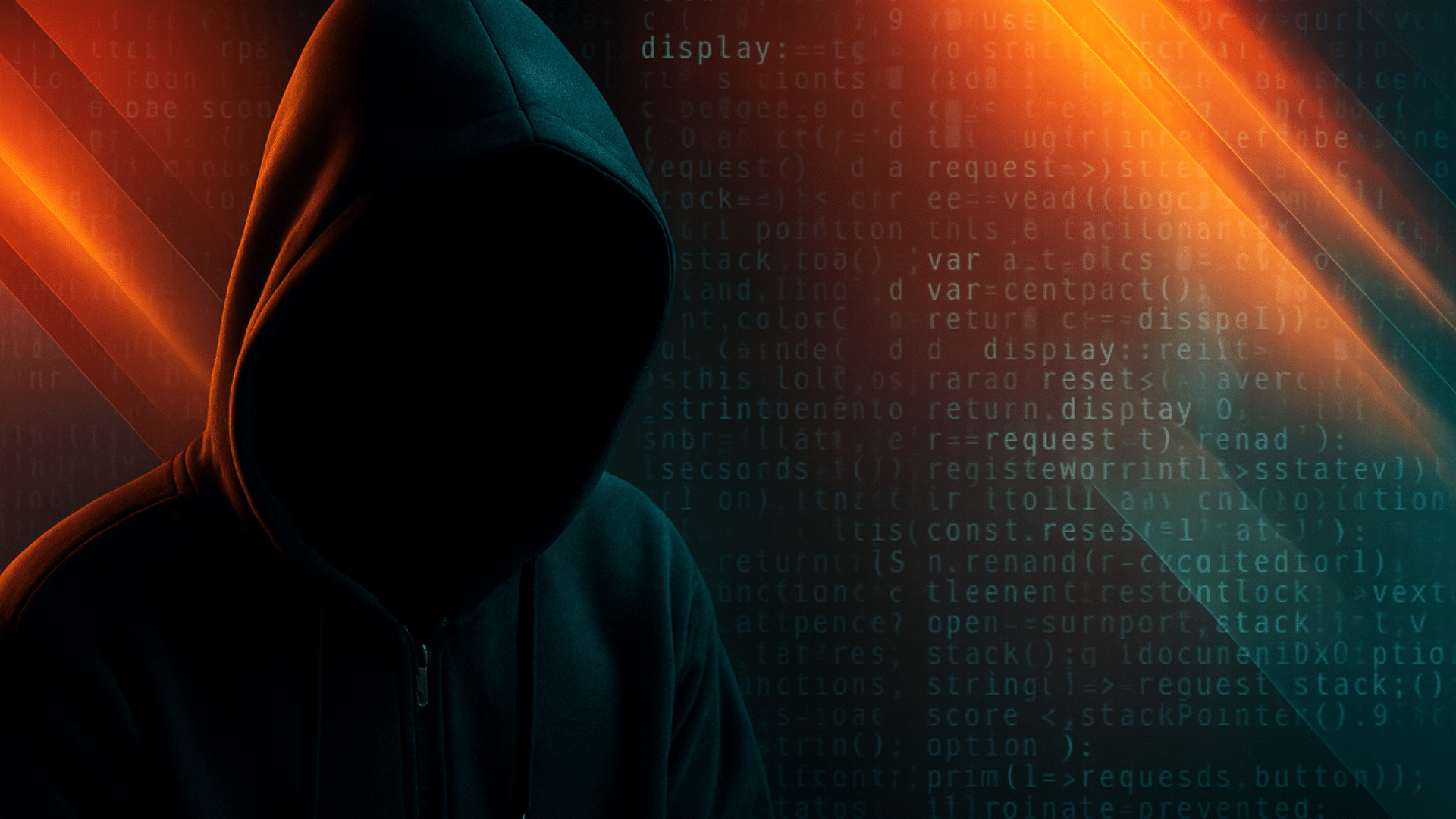-
Lancement par la Chine d’un satellite « quantique », une première mondiale
« La Chine a effectué mardi le premier lancement mondial d’un satellite à communication quantique. Une percée technologique pour Pékin, qui veut édifier un système inviolable de communications cryptées. »
-
DEF CON 2016 – Bluetooth-based smart locks easy to hack
« Last week security researchers Ben Ramsey and Anthony Rose of Merculite Security demonstrated at the Def Con conference how it is easy to open some Bluetooth-based smart locks. The duo analyzed 16 smart locks from companies such as Ceomate, Elecycle, iBlulock, Mesh Motion, Okidokey, Plantraco, Quicklock, and Vians, and discovered that 12 of them could be easily hacked. »
-
Hackers Can Now Steal Data by Listening to the Sound of a Computer’s Hard Drive
« Do you think your data is safe because your computer isn’t connected to the internet or a network? Wrong. As security researchers recently demonstrated, the sounds of your computer’s hard drive can be used to transmit data from an air-gapped and seemingly well-protected machine. »
-
Plainte après un bug qui a fait vivre un « enfer numérique » à un couple du Kansas
« Un couple dont la maison était la position par défaut de 600 millions d’adresses IP d’appareils connectés aux Etats-Unis a porté plainte pour avoir vécu un « enfer numérique ». »
-
Vulnerable smart home IoT sockets let hackers access your email account
« Researchers have discovered critical security flaws in connected smart plugs which can give attackers access to a full home network — as well as your email account. »
-
Bientôt un Bitcoin pour rémunérer les attaques DDoS ?
« Deux chercheurs imaginent une nouvelle monnaie électronique permettant de rémunérer les participants à une attaque par déni de service (DDoS). En exploitant une particularité de TLS 1.2. »
-
Demain, Skype et WhatsApp régulés comme des opérateurs en Europe ?
« Et si des apps de communication comme Skype, Facebook Messenger ou WhatsApp devaient se plier aux règles des opérateurs télécoms traditionnels ? Va-t-on assister à la fin des spécificités des acteurs OTT au nom d’un alignement de la règlementation des communications électroniques ? »
-
Vingt hackers suisses visent l’European Cyber Security Challenge
« Vingt jeunes hackers se sont qualifiés pour la finale suisse de l’European Cyber Security Challenge 2016 qui débute le 16 septembre à Sursee (LU). Les dix meilleurs d’entre eux composeront l’équipe nationale au championnat d’Europe. Dix pays y participent. »
-
Barbouillage et infiltration de l’hébergeur Swiss Clouding
« Un pirate informatique Albanais s’attaque à l’hébergeur Swiss Clouding. Le barbouillage de sites Internet cache d’autres infiltrations. »
-
Cisco admits long-standing vulnerability to NSA cyber weapons on some products
« Cisco has confirmed that malware recently uncovered in the Shadow Brokers leak has been available for years, and is able to exploit a serious vulnerability in the firm’s Adaptive Security Appliance firewall. »
-
EU considers imposing telecoms rules on web chat services
« The European Commission (EC) is considering making web-based chat services such as Skype, WhatsApp and iMessage subject to the same laws governing telecoms providers, which could have a big impact on privacy and encryption. »
-
Faceless recognition can identify you, even when your face is hidden
« In fact, Facebook appears to have got to the point where its systems don’t even have to see your face to recognize your face. Microsoft, for its part, has been showing off technology that can decipher emotions from the facial expressions of people who attend political rallies, recognize their genders and guesstimate their ages »
-
Fake QR code app gets hacker into luxury airport lounges for free
« At the Defcon security conference in Las Vegas on Sunday, Jaroszewski presented the simple program that he’s now used dozens of times to get into airline lounges all over Europe. The Android app generates the QR codes in order to spoof a boarding pass for any name, flight number, destination and class. »
-
Tor can be cracked “like eggshells”, warns US judge
« Part of the controversy in that case was the FBI’s understandable reluctance to reveal the so-called Network Investigative Technique (NIT) that was used, which would have described the exact way that the FBI had side-stepped Tor to collect its evidence. »
-
Twitter takes down 235K extremist accounts
« Twitter has suspended 235,000 accounts that it says were used to promote or threaten terrorism. That’s in addition to the 125,000 suspensions announced in February, in which the accounts were primarily related to the so-called Islamic State (IS). »
-
Massive Email Bombs Target .Gov Addresses
« Over the weekend, unknown assailants launched a massive cyber attack aimed at flooding targeted dot-gov (.gov) email inboxes with subscription requests to thousands of email lists. »
-
Malware Infected All Eddie Bauer Stores in U.S., Canada
« Clothing store chain Eddie Bauer said today it has detected and removed malicious software from point-of-sale systems at all of its 350+ stores in North America, and that credit and debit cards used at those stores during the first six months of 2016 may have been compromised in the breach »
-
Sécurité : un bug Linux laisse 1,4 milliard d’appareils Android à la merci des hackers
« Voilà le genre de nouvelles qui ne fait pas plaisir à entendre, en effet un bug a été repéré dans Linux permettant à des hackers de s’introduire dans près de 1,4 milliard d’appareils Android. Google, conscient du danger, prépare déjà un patch de sécurité. «
-
Why We Should Score Data Breaches
« The annual cybersecurity event known as Black Hat officially ended just over a week ago, but of course the security issues and headlines continue unabated. »
-
Google déploie deux nouvelles alertes pour surfer en sécurité
« Google commence à déployer deux modes d’alerte destinés à porter l’attention des internautes sur la sécurité dans les mails et pendant la navigation »
Recevez les nouveaux articles DCOD directement sur Telegram.
🔔 S’abonner au canal DCODPosted from Diigo. The rest of my favorite links are here.
💡 Ne manquez plus l'essentiel
Recevez les analyses et tendances cybersécurité directement dans votre boîte mail.
💡 Note : Certaines images ou extraits présents dans cet article proviennent de sources externes citées à des fins d’illustration ou de veille. Ce site est indépendant et à but non lucratif. 👉 En savoir plus sur notre cadre d’utilisation.
Vous appréciez nos analyses ?
Soutenez DCOD en offrant un café ☕







